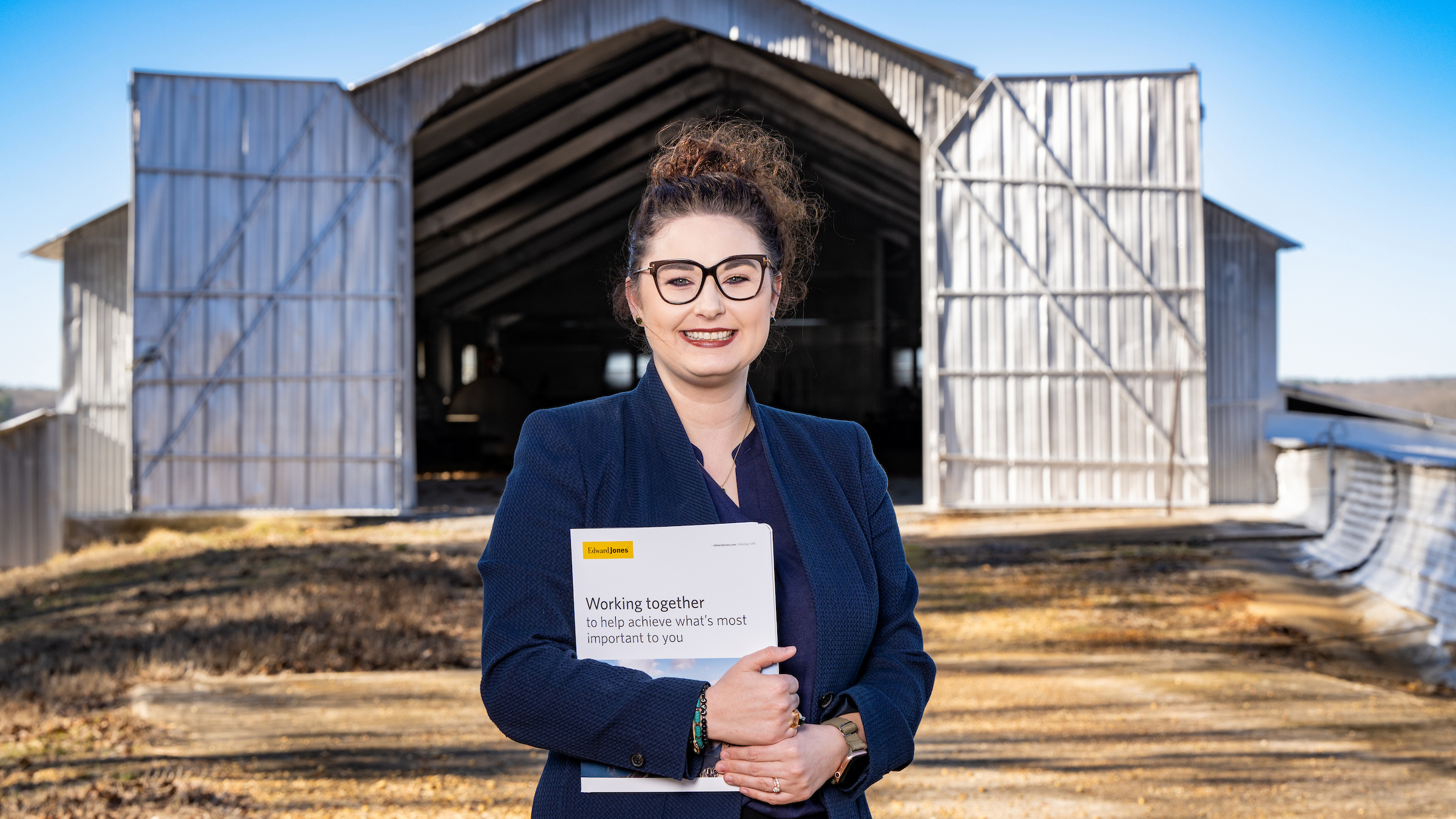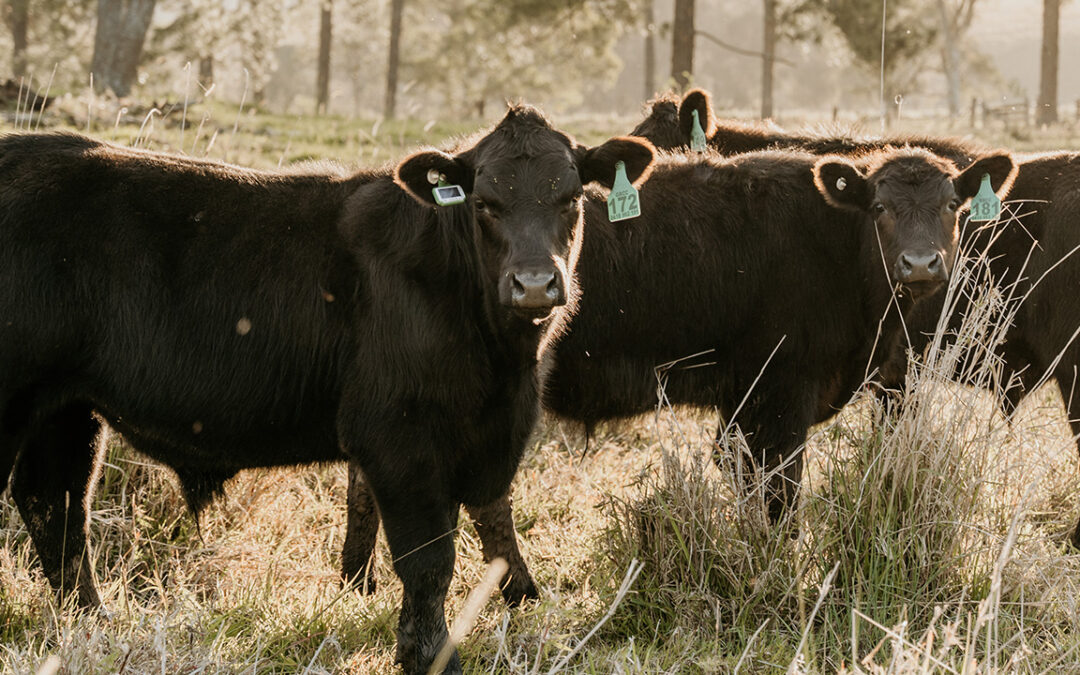By Mike Jernigan
Why major in agriculture today?
There are many reasons, and some of them have a certain degree of urgency.
Food insecurity is one of the greatest problems facing our planet. Solving the problems of producing more food in an increasingly hungry world is a challenge calling for innovative ideas and solutions.
Climate change — whether related to human activity or not — is presenting new difficulties for the world’s farmers and increasingly affecting traditional crops. The future may require bringing new grains and other food sources into production to address the threat.
And agribusiness is already a major player in the U.S. and international corporate sector, featuring multi-national companies like John Deere, Archer-Daniels-Midland, Bayer and Tyson Foods, among many others. The impact of agribusinesses is only going to continue to grow.
But if helping to solve all these challenges or the high employment demand in the agribusiness sector today isn’t enough reason to go into the agricultural field, how about one more? Majoring in a curriculum in today’s College of Agriculture can also become the key to a wide variety of non-agricultural careers, and the unique combination of practical knowledge and useful skills learned in COAG classrooms can help assure future success in jobs ranging from finance to management and many more.
Nikki Snider, who earned her Auburn degree in agricultural business and economics in 2014 and now works as an Edward Jones financial planner in the small northwest Alabama town of Winfield, is the perfect example of the versatility of an agriculture degree.
“I grew up in 4-H,” she explained of her decision to pass up the nearby University of Alabama to come to the loveliest village. “I did competitions, leadership, including state council, and multiple 4-H events. In fact, I attended my first Auburn football game because of 4-H. Auburn is the driver behind Alabama 4-H, and because of all these experiences, I chose Auburn over that other school in Tuscaloosa.”
Originally entering the chemical engineering curriculum, Snider soon changed her major to agricultural business and economics, appropriately, perhaps, in part because of conversations she had once had with her mother in their pea patch.
“My parents had humble professions” she recalled. “My mom was an elementary teacher and my dad a factory worker. They provided everything my sister and I needed, and they helped put me through Auburn, but they didn’t know much about retirement or investing. In fact, during the summers while I was at Auburn, I remember many afternoons spent talking about financial planning in our pea patch with my mom, asking her what she wanted to do in retirement, how much she was saving and when she would retire.
“They needed someone to talk to about their goals, ambitions and purpose, but they didn’t have anyone,” she continued. “And when I looked around my community, there wasn’t really anyone around that did financial planning for everyday people. I wanted to fill that vacuum. When I chose my new major, I knew I wanted to work in a rural or semi-rural area and I wanted to work in economics, finance or business development. I also knew the type of people I wanted to work with — those like the ones I grew up around — salt-of-the-earth type people.”
Snider is one of a growing number of agriculture graduates who have chosen a career not directly related to the agricultural field.
“It is probably a sizable minority of graduates,” according to Joshua Duke, head of the Department of Agricultural Economics and Rural Sociology, when asked how many of his majors find other career paths. “A majority of our ag business and economics graduates do work in an agricultural field. This ranges from the input sector, to managing large production, to the processing and marketing subsectors and to food retailing. We even have graduates in policy jobs. Agriculture is much broader than farming, though many do that.
“But we are always trying to refine the curriculum to meet an evolving job market, and our graduates are often sought for their quantitative analysis skills,” Duke added. “It is these data analysis skills that are highly sought by employers and often draw our students to non-agricultural careers. Even so, they are still using the quantitative analysis toolkit they learned in our major.”
Snider agrees that her agricultural education prepared her in unique ways for her present career. Although after graduation she earned a master’s in financial planning and counseling from the University of Alabama, and she is currently pursuing a second master’s in finance from Johns Hopkins University, she says her Auburn agricultural economics background has been a key to her success.
“Agricultural economics really was the best of both worlds,” she explained. “I was able to take classes in the College of Business that were required and classes within the College of Agriculture that focused on small businesses, farmers and ranchers — many of the same kinds of people I work with professionally today.
“Financial planning is a combination of art, science and counseling,” she continued. “My agriculture background gave me expertise in working through nuanced, mathematical processes that translate extremely well into developing complex financial plans, and my accounting classes prepared me with knowledge specific to different business entities. The issues that are specific to agriculture — transferring land as part of estate planning, for instance — are also very relevant to peoples’ goals, ideas and plans.”
Duke says such nuances are important.
“Although there is indeed significant overlap with business, there are notable differences” he said. “For example, we have an elective class (Farm Appraisal), that targets a different land market than you’d see in the College of Business finance department. The same could be said for our required courses in agribusiness prices, finance, law and policy/trade. I think our graduates are very well prepared to work in banks, for instance. Some of them remain in agriculture in the sense that they do ag lending. But others work well beyond this.”
Count Snider among the latter. But even though she has chosen a non-related career in one sense, her agricultural roots still run very deep.
“I wanted, and still want to be, a resource to the people here,” she concluded. “This community brims with hard work and honest spirits. Good character defines this town, and the people here have an unyielding commitment to it. It’s a place that provides clarity and value to service. Winfield has made significant contributions to my understanding of myself, as did Auburn before it. Winfield is home. But Auburn is home as well.”




